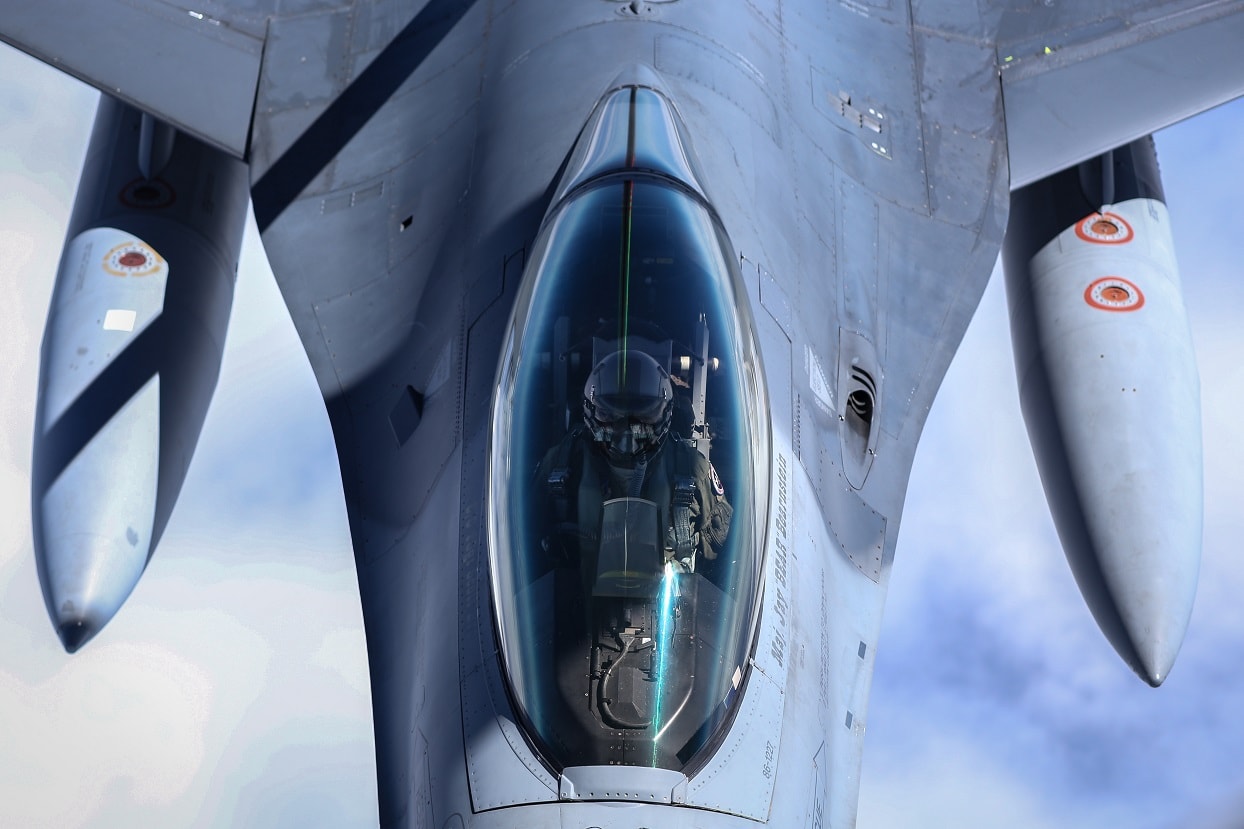A Turkish airstrike targeting military posts in the Aleppo countryside left at least eleven Syrian soldiers dead. The Syrian state-run news outlet reported that Turkish warplanes bombarded the posts on Tuesday, leading to a retaliatory strike by Syrian armed forces.
Ankara has carried out an increased number of attacks targeting Kurdish-controlled areas in Syria, which Turkish President Tayyip Recep Erdogan considers to be terrorist enclaves. Last month, Erdogan met with his Iranian and Russian counterparts at a Tehran summit and was denied the green light to continue its offensive against the Kurds in Syria.
Turkish Aggression Against the Kurds
Following Turkey’s onslaught, Kurdish YPG (People’s Protection Units) fighters from the Syrian Democratic Forces (SDF) launched a mortar attack targeting a Turkish military post in the Sanliurfa province. In an announcement on Twitter, the Defense Ministry stated that “five other Kurdish militants were also killed by Turkish artillery systems. It said they were allegedly preparing for an attack on Turkish-controlled areas of northern Syria and had opened ‘harassment fire’ on the region.”
The YPG is comprised primarily of Kurdish fighters and makes up the majority of the SDF. While U.S. ally and NATO member Turkey opposes the group, the U.S. supports the group that proved instrumental in the fight against the Islamic State in 2014. While the YPG prioritized disarming the jihadist terror group initially, its main objective evolved into consolidating autonomous Kurdish regions in the north.
As an affiliate of the Kurdistan Worker’s Party (PKK), the group has been subject to frequent attacks by Turkish forces. The PKK is a Kurdish military-political organization that has been recognized as a terrorist organization by Turkey, the U.S., and the European Union. Although the PKK has clashed with Turkish forces since the 1970s, the two entities did not engage in a full-scale conflict until 1984 when the Kurdish group formally announced an uprising.
Active Kurdish Groups in the Region
The PKK primarily functions along the Iraqi border, where Ankara has been carrying out more frequent barrages in recent years. During the peak of the fight against ISIS, a nearly two-and-a-half-year ceasefire lessened the frequency of attacks between Ankara and its Kurdish enemy. However, since the cessation of violence broke down in 2015, the Turkish-PKK conflict has resulted in nearly 6,000 deaths.
The revival of conflict also enabled outside actors to join the conflict. As explained by Crisis Group, “In northern Iraq, Turkey has partnered with the Kurdistan Democratic Party (KDP) – the largest and most powerful political party in Iraqi Kurdistan and its Kurdistan Regional Government (KRG) – to obtain information about PKK movements as well as to secure areas it has cleared of PKK militants. The PKK, meanwhile, is forging deeper alliances with Iran-backed Iraqi paramilitary groups (also known as Hashd al-Shaabi) at odds with Ankara and is exercising increasing decision-making authority within the ranks of its affiliates in Syria, primarily the People’s Protection Units (YPG), which Turkey sees as an extension of the PKK.”
Since Ankara doesn’t officially differentiate between Kurdish groups, Turkish forces indiscriminately fire upon Kurdish strongholds in Syria and Iraq. Less than one month ago, Turkish artillery strikes killed eight tourists and wounded many more in a coordinated attack targeting the Kurds in Iraq. Around this time, president Erdogan asserted that Turkey’s aim for a new military offensive in Syria would remain a priority on the agenda until its “security concerns” were addressed.
During July’s Tehran Summit, Erdogan, Iranian President Ebrahim Raisi, and Russian President Vladimir Putin discussed collaborative efforts and the status of Syria. During the trilateral summit, Erdogan demanded that Raisi and Putin support Ankara’s offensive aims in Syria to target the YPG. His calls for violence were instantly shut down as both the Turkish president’s counterparts stressed the need for stability. Although both Moscow and Tehran cited humanitarian reasons for not agreeing to Ankara’s demands, the two countries have ulterior motives, namely keeping the Assad regime in power.
This week’s attack in Syria carried out by Turkish forces indicates Erdogan is willing to follow through on his threats to target Kurdish enclaves in the country. Since multiple foreign entities are at play in Syria, Turkey’s latest move could catalyze a domino effect and destabilize the country further.
Maya Carlin is a Middle East Defense Editor with 19FortyFive. She is also an analyst with the Center for Security Policy and a former Anna Sobol Levy Fellow at IDC Herzliya in Israel. She has by-lines in many publications, including The National Interest, Jerusalem Post, and Times of Israel.

